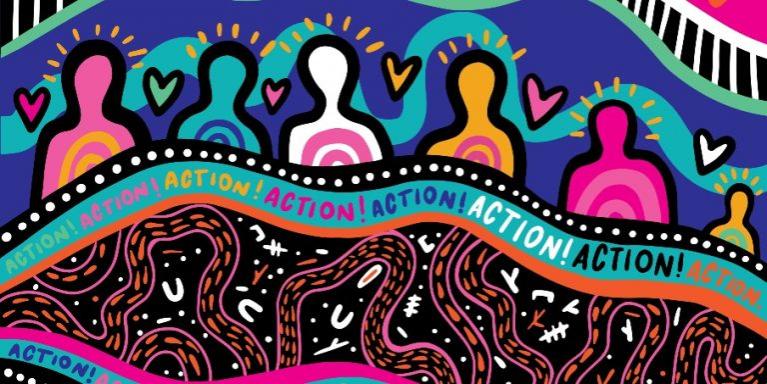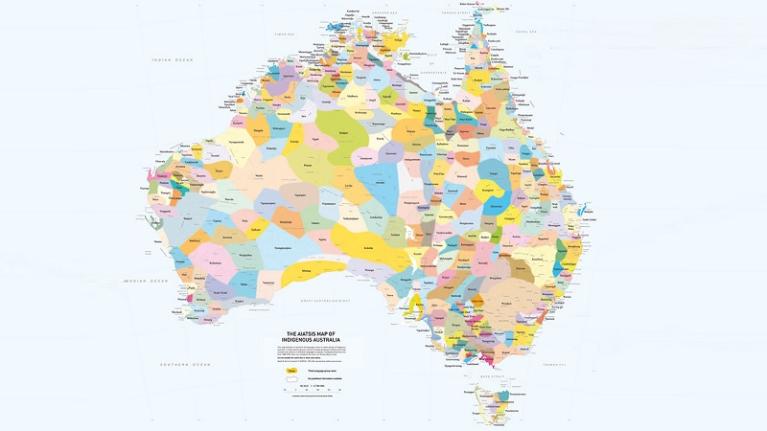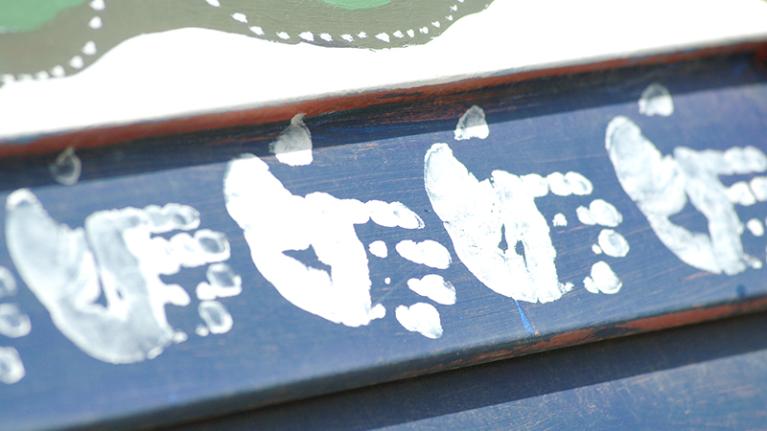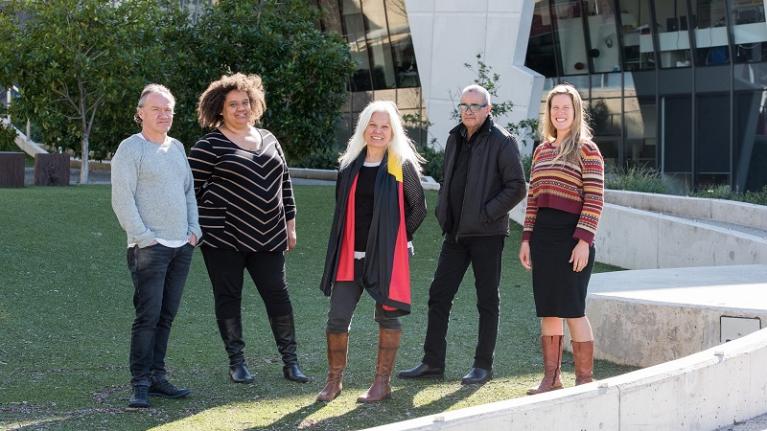5 ways you can support & learn about reconciliation
Reconciliation is about strengthening the connections between Aboriginal and Torres Strait Islander peoples and non-Indigenous peoples for the benefit of all Australians.
Now more than ever it is crucial to understand and grow relationships between Indigenous and non-Indigenous Australians. This involves taking action and learning about Indigenous culture under your own steam.
Fortunately, there are many opportunities to learn about Indigenous Australian culture and history. Here are just five ways you can learn about Indigenous culture.

1. Learn about significant events in reconciliation
There are two dates that commemorate significant events on the road towards reconciliation:
27 May 1967 marks the referendum that saw 90 per cent of Australian voters choose ‘Yes’ to count Aboriginal and Torres Strait Islander peoples in the census.
The High Court Mabo decision on June 3 1992 led to the recognition of the rights of Aboriginal and Torres Strait Islander peoples as the traditional owners of their land.
Learn how Indigenous Australians were impacted by these events, and their struggles to win these rights.
Related
2. Acknowledge Traditional Owners
One step you can take towards reconciliation is acknowledging the traditional owners and ongoing custodians of the land.
The AIATSIS map of Indigenous Australia is a great guide for discovering the traditional owners of the land where you live.
Feel free to let people on your social media platforms know which traditional lands you call home. It’s a good way to spread knowledge about who the traditional owners are in different areas.
Pay your respects to Aboriginal and Torres Strait Islanders as the traditional custodians and owners of the land at the start of meetings and events with an Acknowledgement of Country, or Welcome to Country (PDF, 366 KB). This shows that you respect the traditional custodians, their Country and their history.

3. Explore Indigenous histories & culture
Indigenous Australians have existed on this land for tens of thousands of years. Their history is long and expansive, and learning about it can aid greater understanding between non-Indigenous and Indigenous people.
Trails of Feeling is an interactive walking trail that emphasises local Aboriginal histories, stories and beliefs based in Melbourne CBD (central business district). It challenges the colonial histories connected to the current built environment to deepen our emotional understanding of both past and present.
You can also take an in-person or virtual tour of the First Peoples exhibition at Bunjilaka Aboriginal Cultural Centre at Melbourne Museum and learn more about the timeline of Indigenous Australians on this land.
Recent must-read books by Aboriginal & Torres Straight Islander authors
4. Reflect on National Sorry Day
National Sorry Day takes place the day before Reconciliation Week and is an event that encourages Australians to remember and commemorate the mistreatment of the country's Indigenous peoples. It is part of the ongoing process of reconciliation and is important in growing understanding and learning from mistakes of the past.
Former prime minister Kevin Rudd made a formal apology to Australia’s Indigenous peoples on 13 February 2008, particularly to the Stolen Generations whose lives were negatively impacted by past government policies of forced child removal and Indigenous assimilation.
Related
5. Get ready for NAIDOC Week
NAIDOC Week is an Australian observance lasting from the first Sunday to the second Sunday in July. It stands for National Aborigines and Islanders Day Observance Committee, and has its roots in the 1938 Day of Mourning.
NAIDOC Week celebrates the history, culture and achievements of Aboriginal and Torres Strait Islander peoples. The week is celebrated not just in the Indigenous Australian communities, but also in increasing numbers of government agencies, schools, local councils and workplaces.

Related
Find out more
Find out how VU’s Indigenous Academic Unit, Moondani Balluk, supports Indigenous students, produces world-leading research, delivers courses and units with an Aboriginal focus, and promotes cultural awareness.
Visit Reconciliation Australia for more online events, and ways to get involved.
